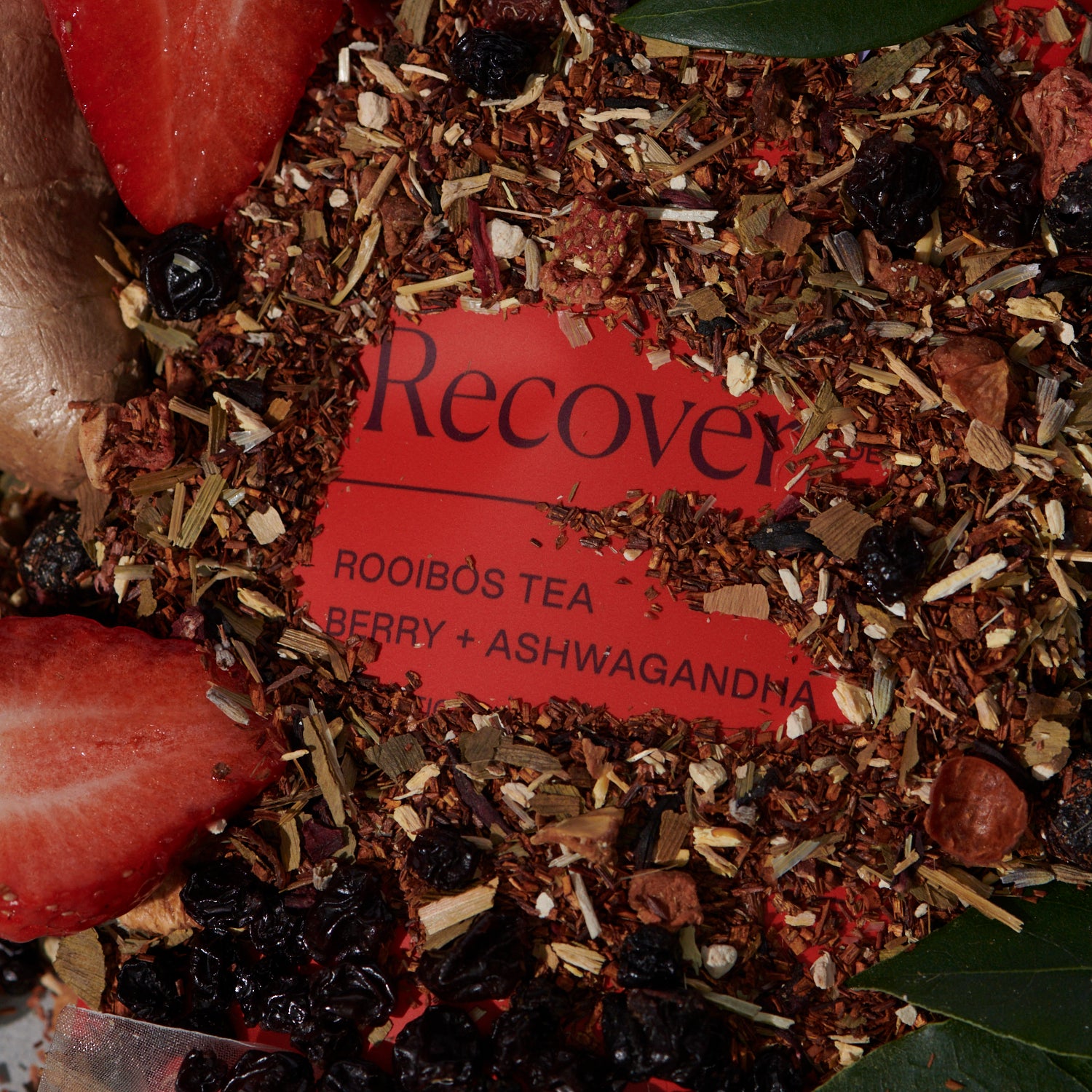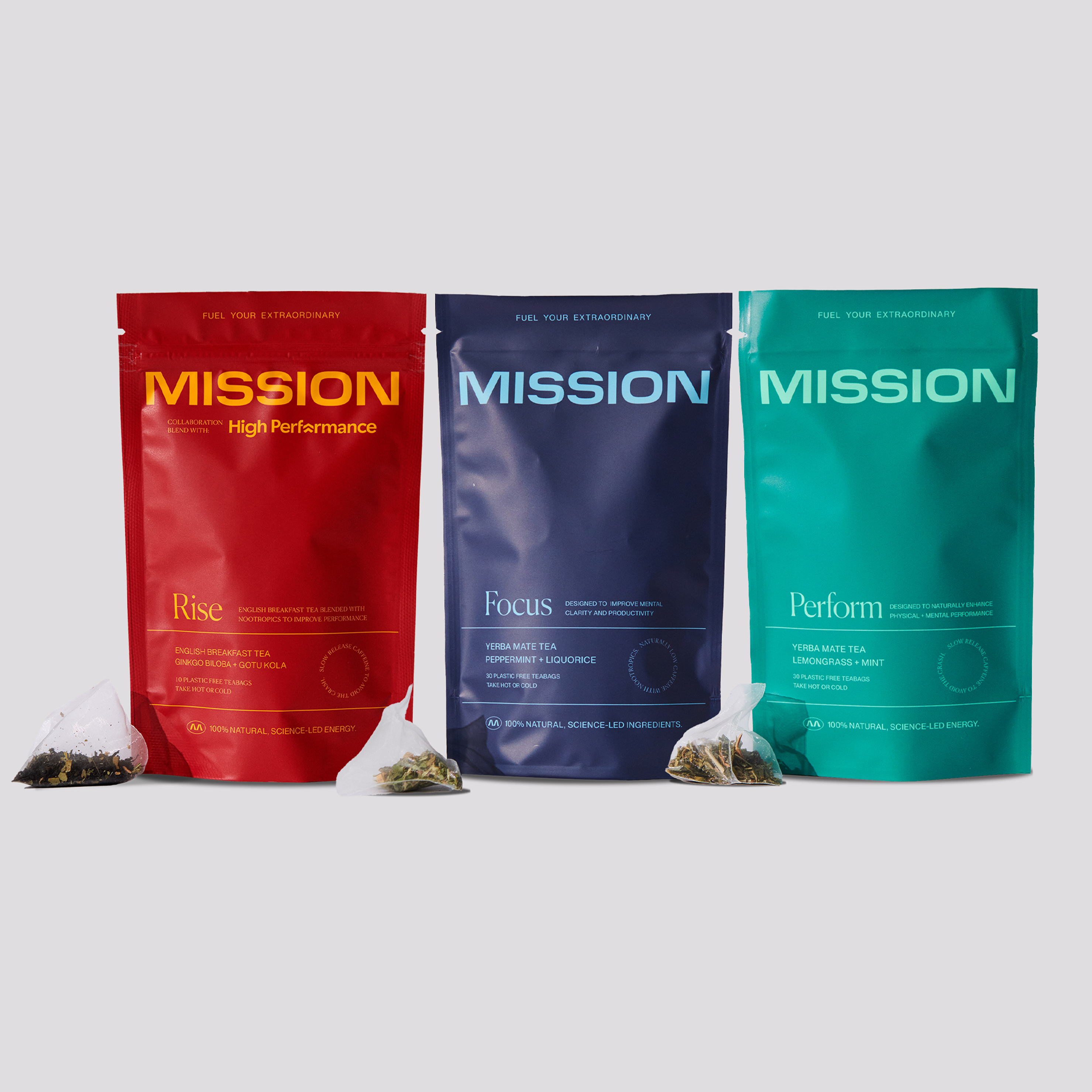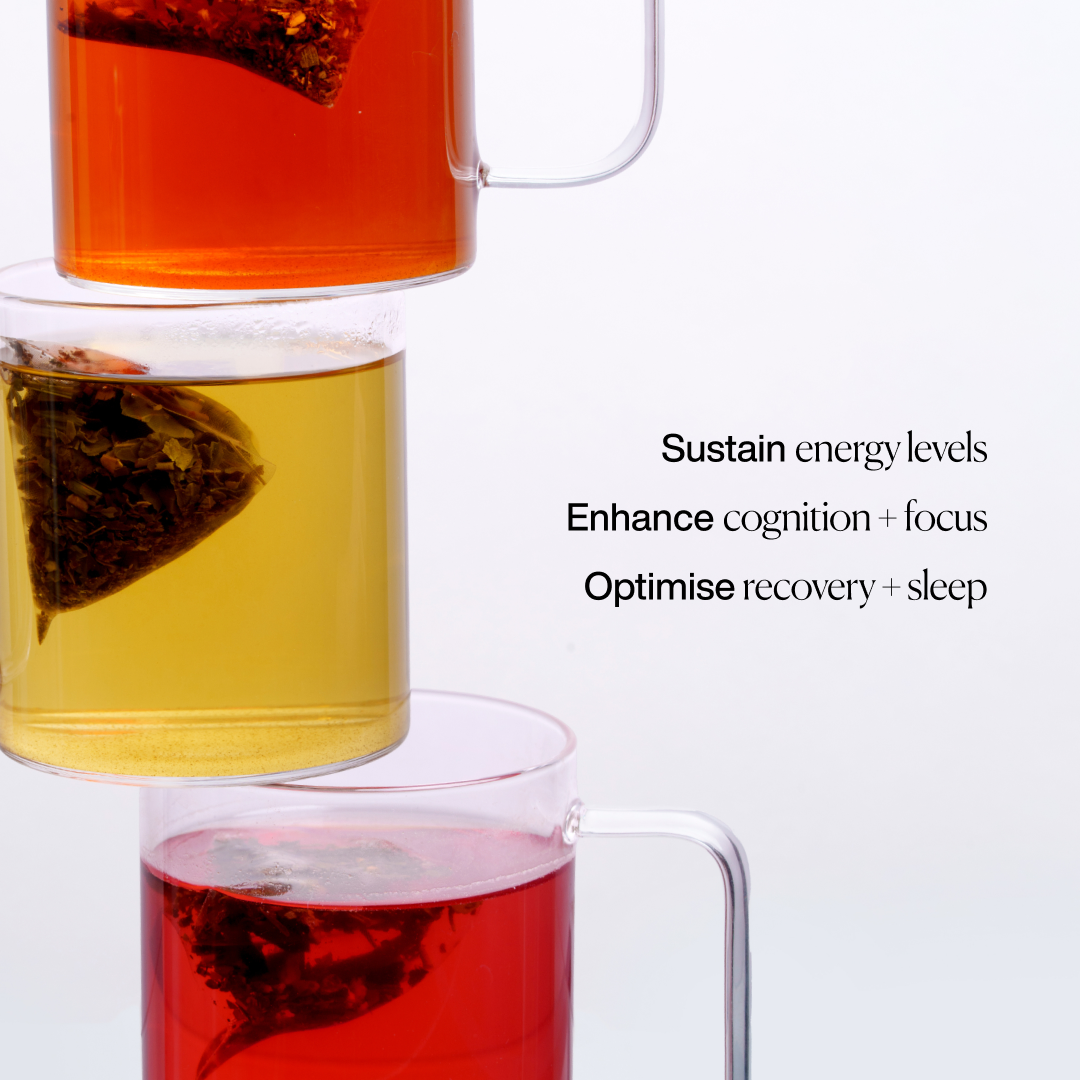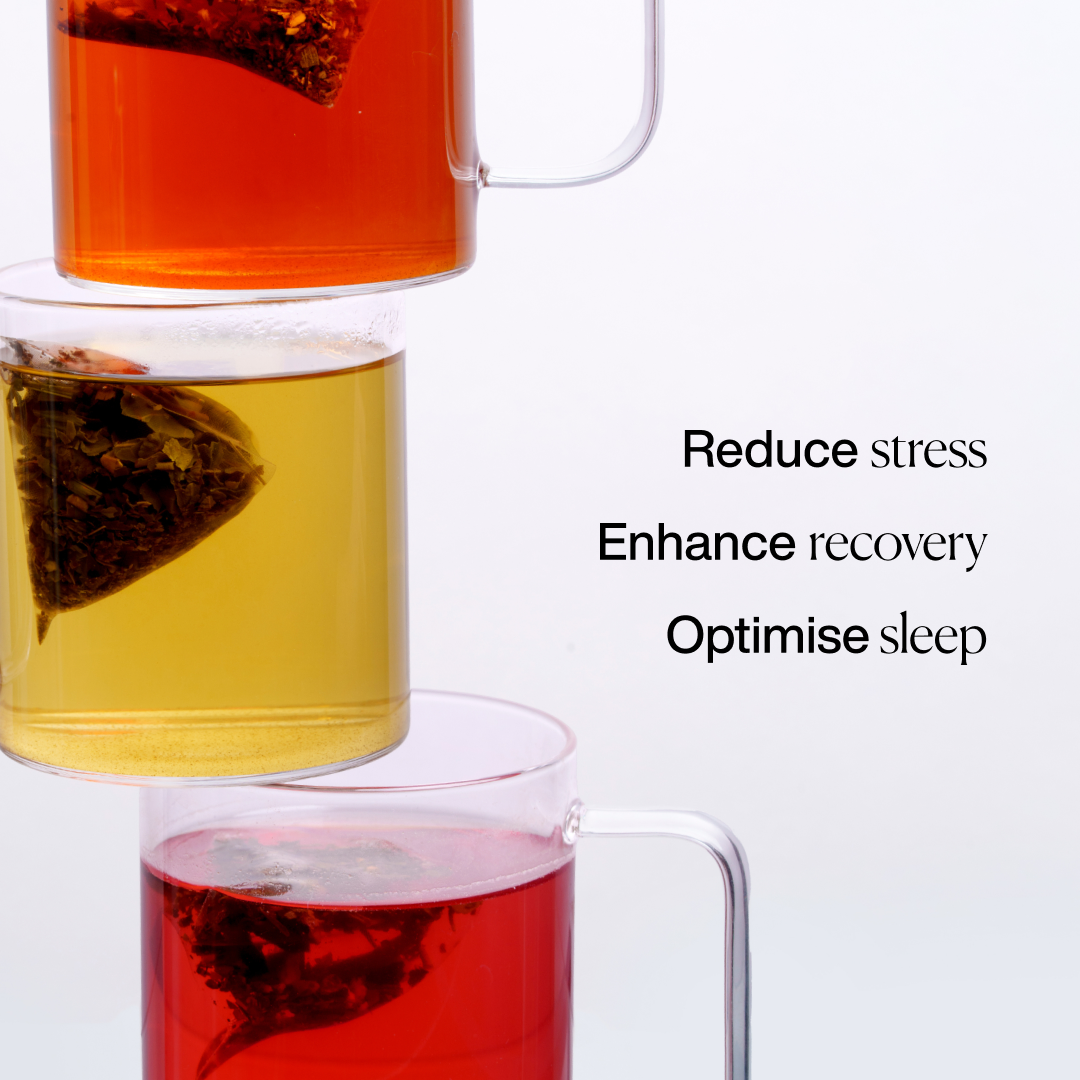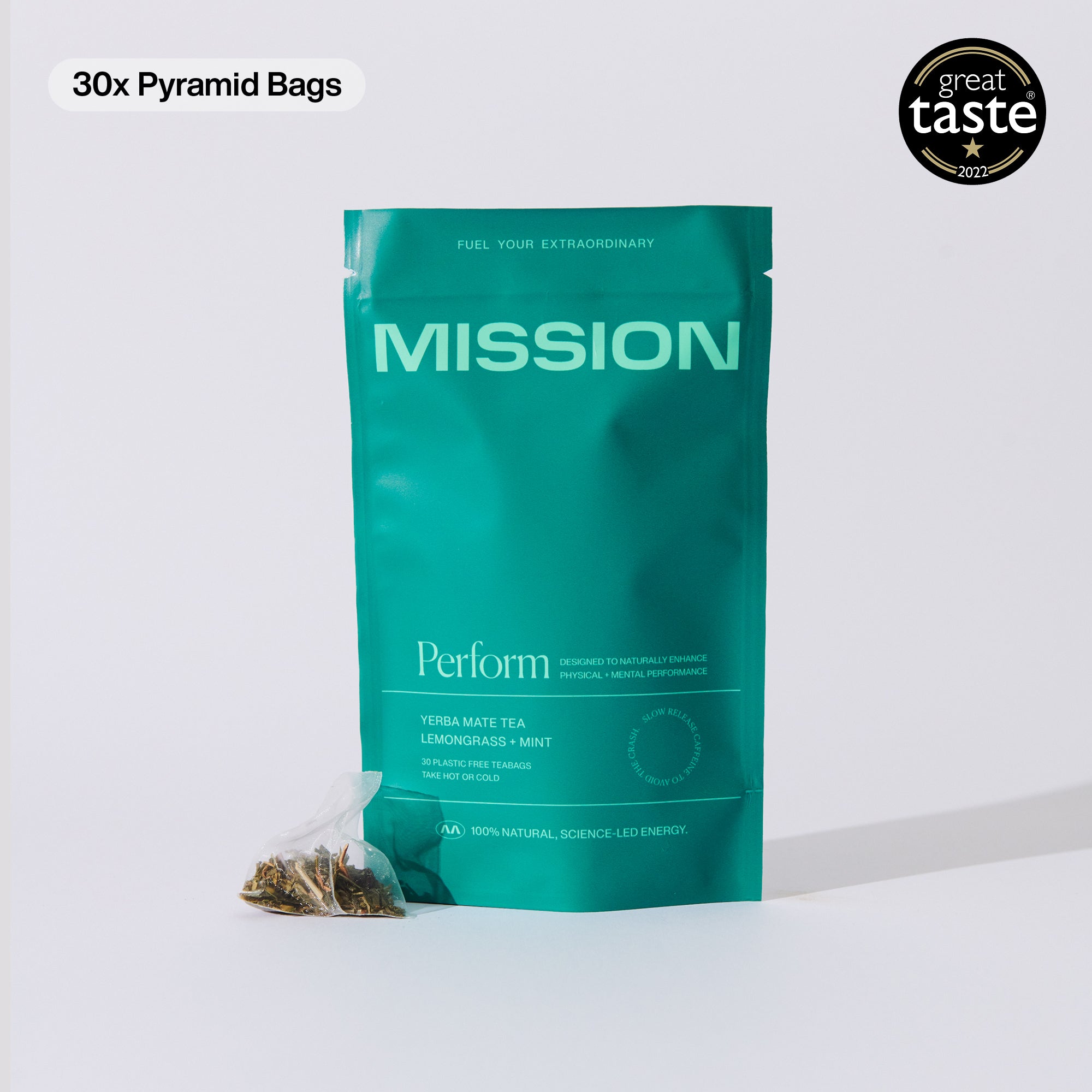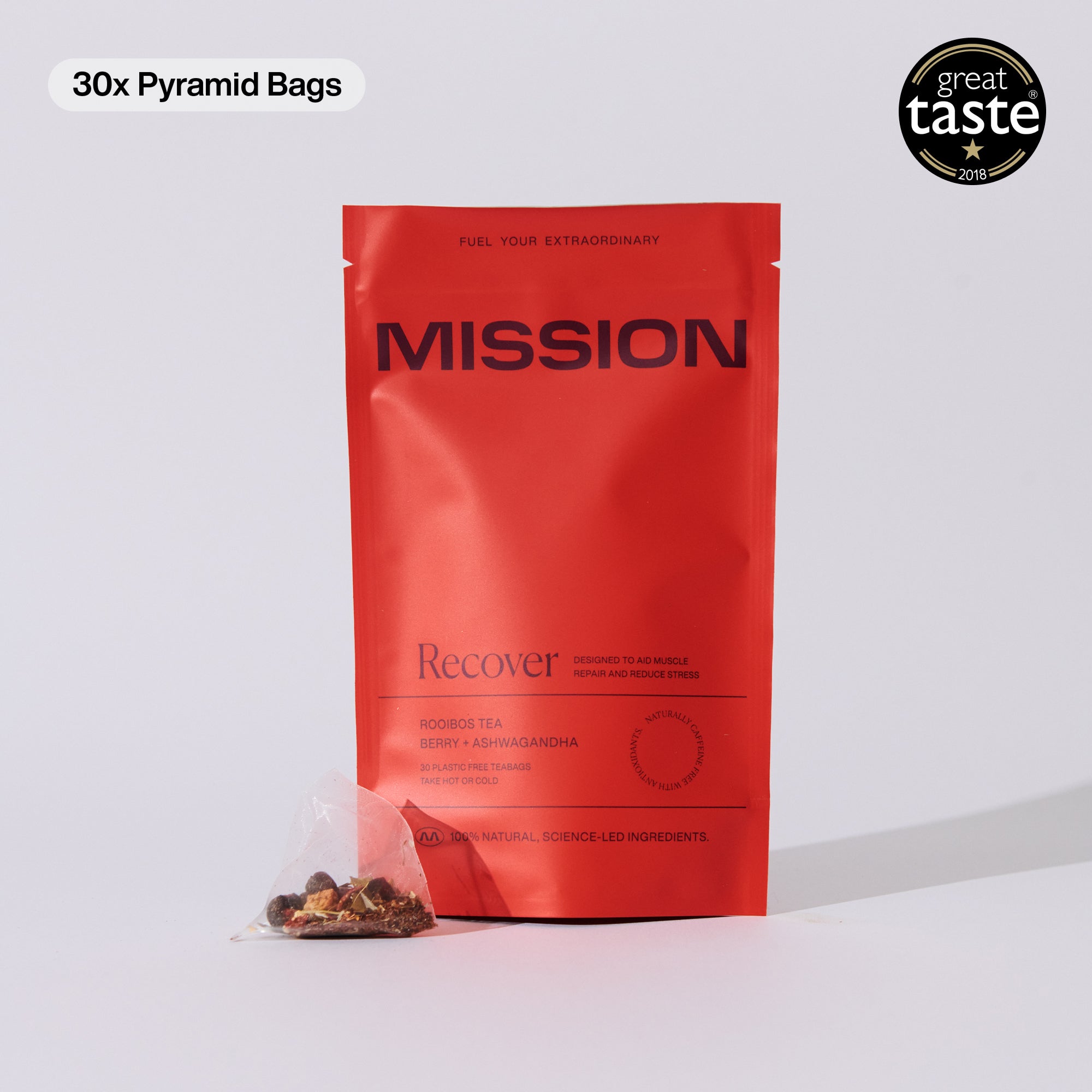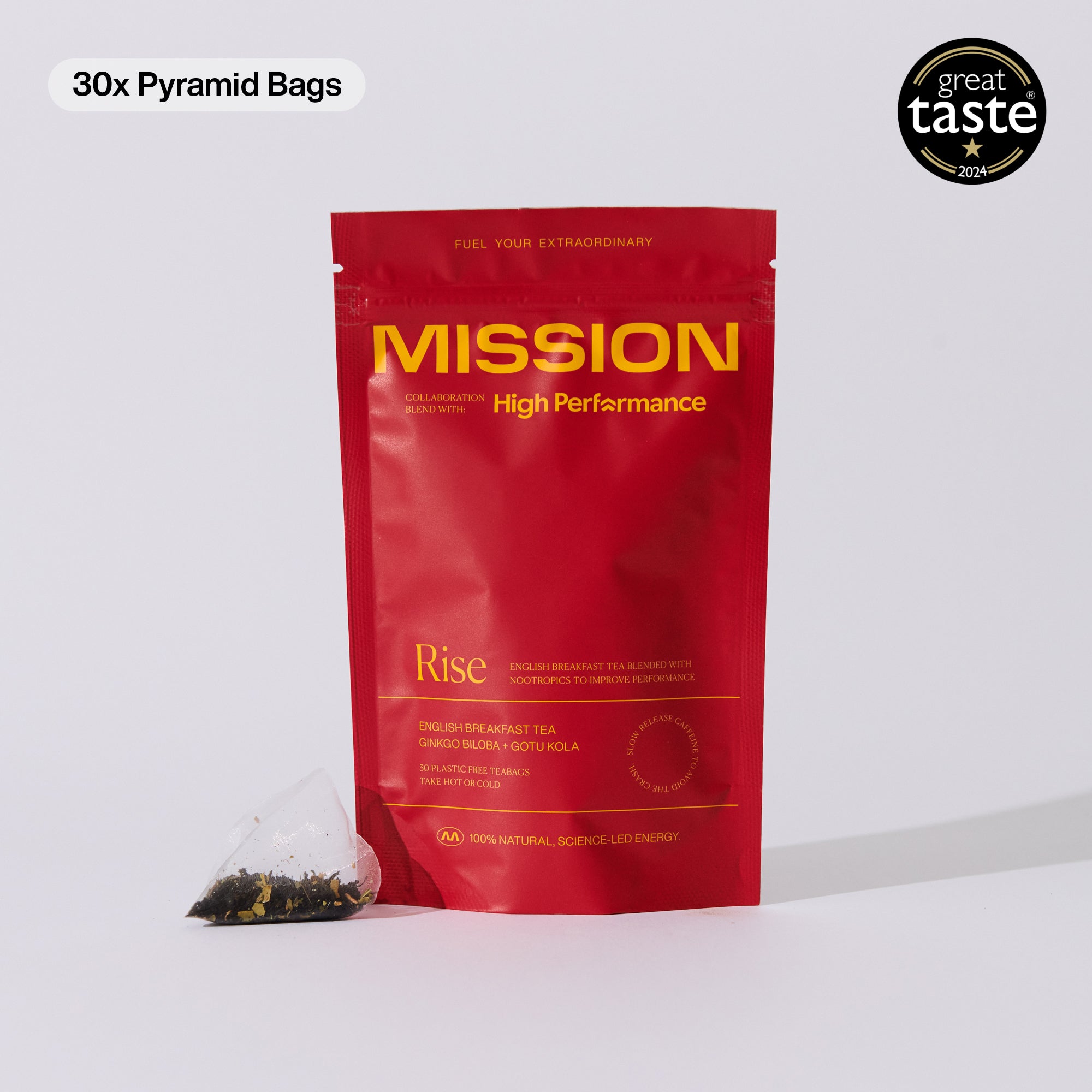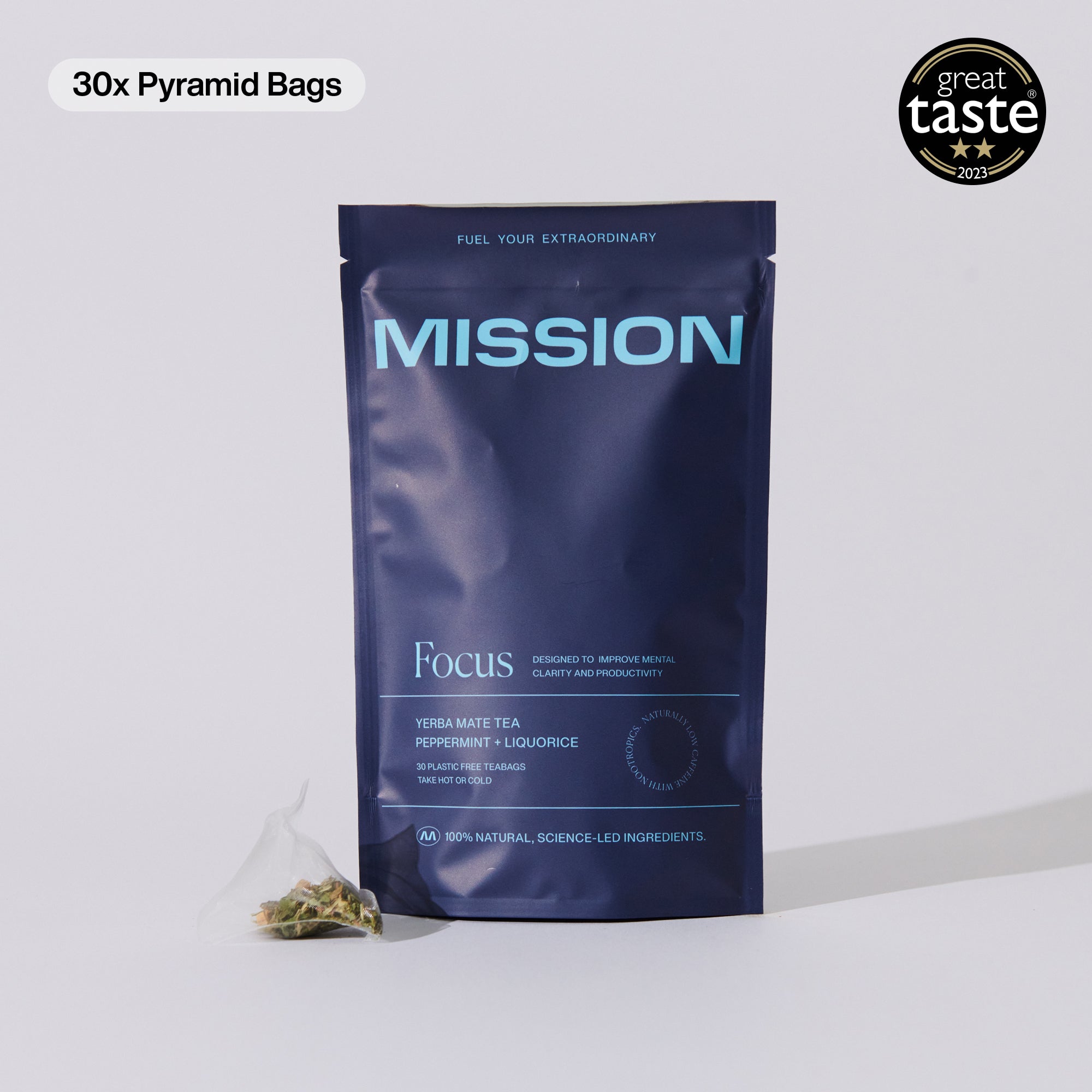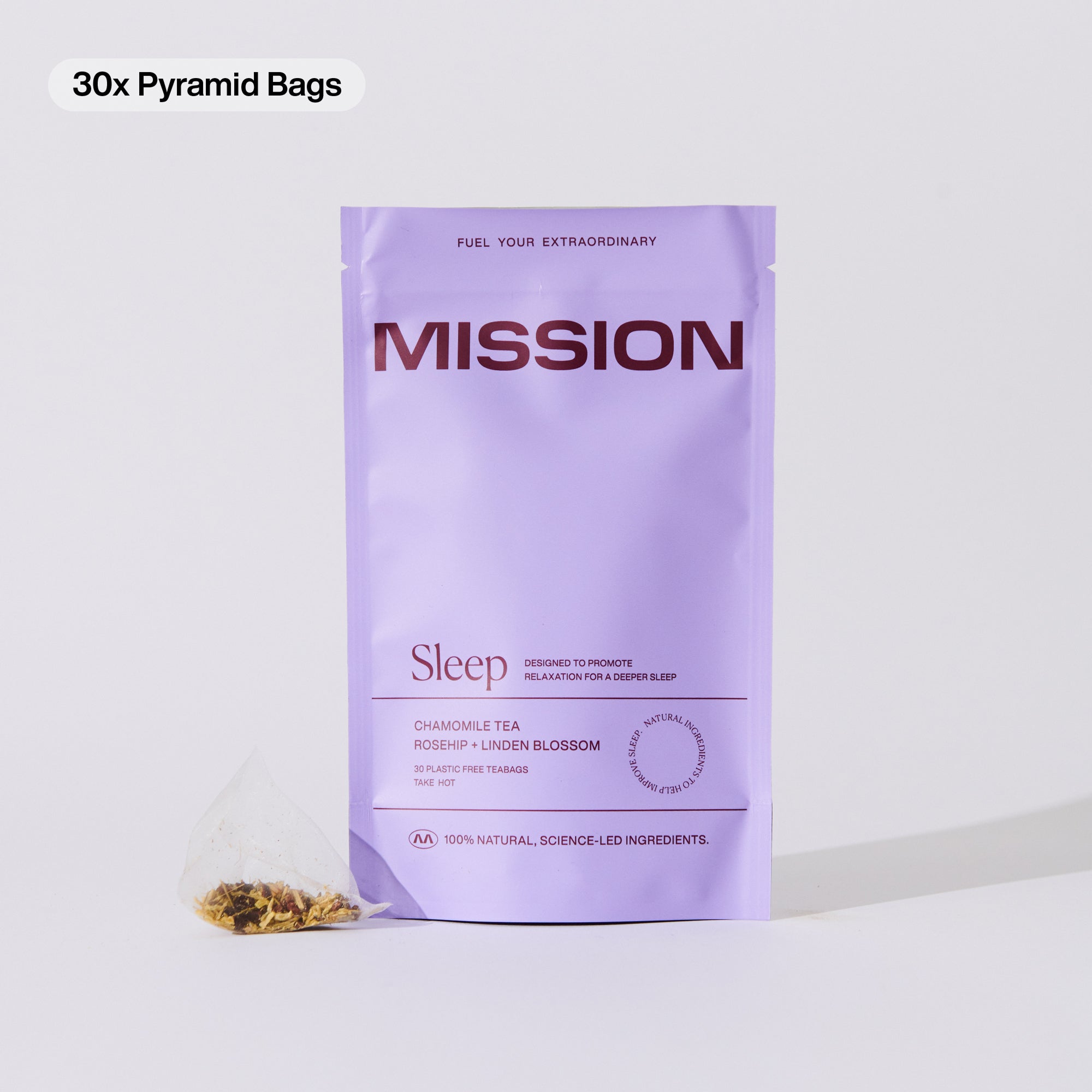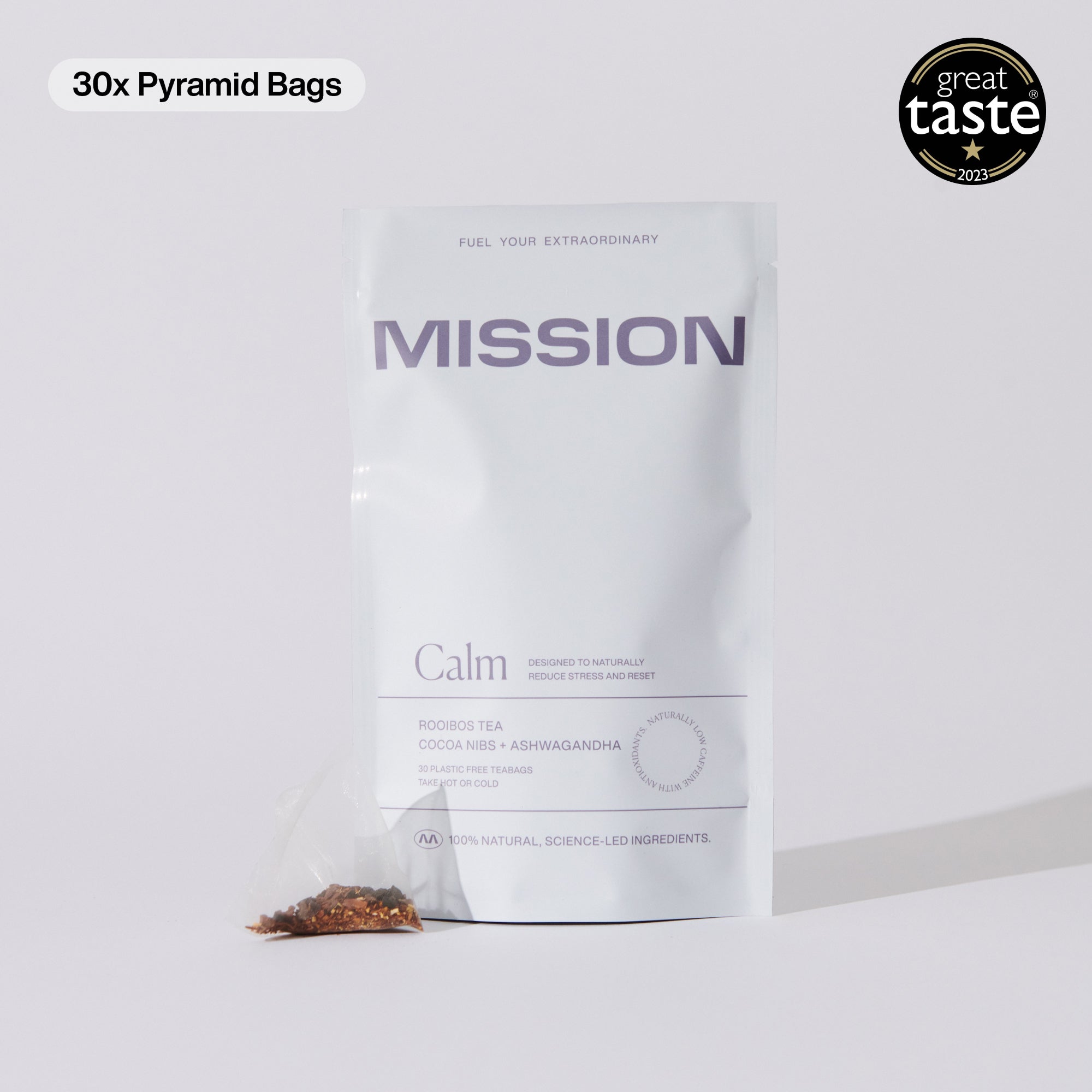Does Green Tea Increase Life Expectancy?
Drinking tea at least three times a week could be linked with a longer and healthier life, scientists say. According to new research “habitual” consumption of the hot drink is associated with lower risks of cardiovascular disease and all-cause death (European Journal of Preventive Cardiology).
The Test
The China-PAR project2 tested 100,902 participants of the with no history of heart attack, stroke, or cancer. Participants were categorised into two groups – habitual tea drinkers, those drinking three or more times a week, and never or non-habitual tea drinkers – those drinking less than three times a week. In the study published in the European Journal of Preventative Cardiology, they were followed-up for a median of 7.3 years.
The results
The research suggests a 50-year-old habitual tea drinker would develop coronary heart disease and stroke 1.41 years later, and live 1.26 years, longer than someone who never or seldom drank tea. Compared with never or non-habitual tea drinkers, habitual tea consumers had a 20% lower risk of incident heart disease and stroke, and a 22% lower risk of fatal heart disease and stroke. They also had a 15% decreased risk of all-cause death, the study suggests.
In a sub-analysis by tea type, drinking green tea was linked with around 25% lower risks for incident heart disease and stroke, fatal heart disease and stroke, and all-cause death.
The science
However, no significant associations were observed for black tea. The researchers suggest a number of reasons for this. Green tea is a rich source of polyphenols which protect against cardiovascular disease (whilst also having a plethora of other benefits). Black tea is fully fermented and has a weakened antioxidant effect.
To learn how green tea can also enhance athletic performance and increase focus, click here.
Habitual is best
Researchers also analysed the potential influence of changes in tea drinking behaviour in a subset of 14,081 participants with assessments at two time points. The average duration between the two surveys was 8.2 years, and the median follow-up after the second survey was 5.3 years.
Habitual drinkers who maintained their habit in both surveys had a 39% lower risk of incident heart disease and stroke, 56% lower risk of fatal heart disease and stroke, and 29% decreased risk of all-cause death compared to consistent never or non-habitual tea drinkers, the study suggests.
Reference
Xinyan Wang, Fangchao Liu, Jianxin Li, Xueli Yang, Jichun Chen, Jie Cao, Xigui Wu, Xiangfeng Lu, Jianfeng Huang, Ying Li, Liancheng Zhao, Chong Shen, Dongsheng Hu, Ling Yu, Xiaoqing Liu, Xianping Wu, Shouling Wu, Dongfeng Gu. Tea consumption and the risk of atherosclerotic cardiovascular disease and all-cause mortality: The China-PAR project. European Journal of Preventive Cardiology, 2020; 204748731989468 DOI: 10.1177/2047487319894685





